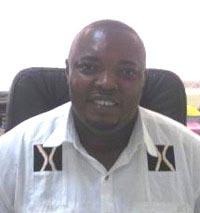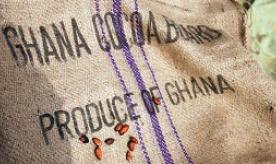Public Good Experiments in Ghana
This study tests the willingness of community members to donate to public infrastructure in four rural communities in Ghana. Using detailed data on the participants and their social networks, it examines the characteristics of those individuals who donate the most, and explore the linkage between donations, the social network and status in the community. Using experimental control it tests two mechanisms: a matching grant, and a provision point mechanism. The experiment conducted for the study was based on a sample of respondents in a year-long panel household survey in Ghana. Five times during 2009, the experiment was conducted with the respondents. Each respondent was given a small endowment as payment for their participation in the survey, and invited to donate to a previously chosen public good for their community. The specific public good was decided by a vote at an open community meeting prior to the experiments. Participants in the experiment were free to choose whether or not to donate to the public good, and their decisions were kept private. To test the matching grant, at every meeting we invited each respondent to draw a token at random from a bag to determine the match ratio offered. Each respondent could draw a ratio of 0, ½, 1, 1½ or 2, with equal probability. Their donations were then matched by this ratio, using project funds. In the last 2 rounds of the experiment we introduced the provision point mechanism (PPM). We set a fundraising target necessary for the project to be completed and told respondents that the project would not go ahead unless the target was reached. If the target was not reached, donations from the last two rounds would be refunded. Donations and the match ratio drawn were recorded against the individual’s name and linked to individual data from the household survey and social networks survey for analysis. This study shows that community-level fundraising can be an effective tool in augmenting existing funds for public goods, and identifies ways of increasing the funds raised. However, the results relate to a small and geographically concentrated area in Ghana. A nationally representative pilot study is recommended to test the model before implementing it as policy. The pilot should cover a random sample of communities from across the country. Community members would decide by ballot which of a short list of standardized public goods to pursue. Funds would then be solicited from community members and organizations. Projects would go ahead only if community donations met or exceeded a defined threshold. Results from the pilot study could be used to design national infrastructure programs.






